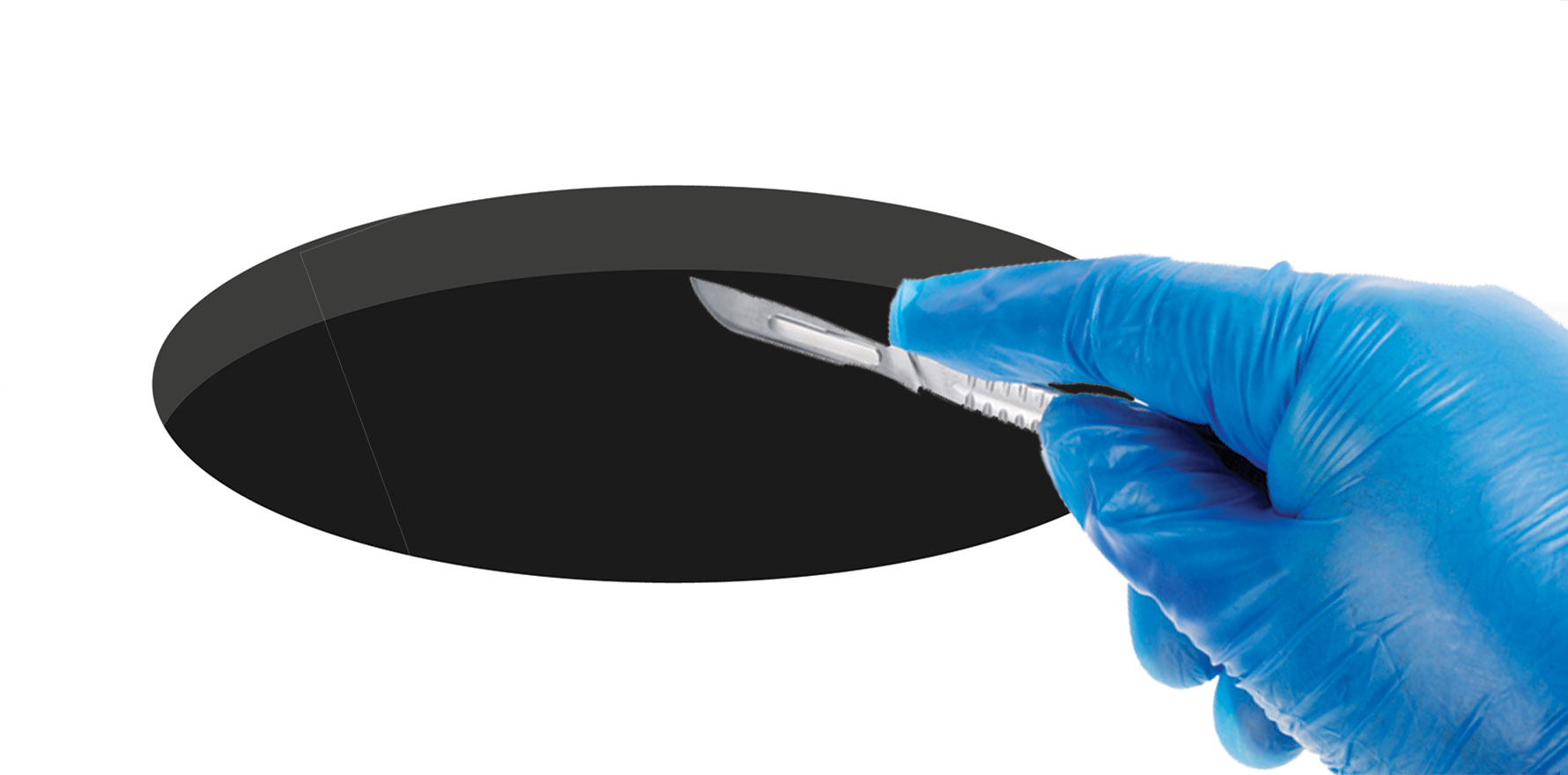Body dysmorphia disorder is not uncommon but it is hard to spot.
From 1 July a GP referral will be required for all surgical cosmetic procedures.
Many patients I’ve seen have been confused as to whether the new Medical Board rules mean they need a referral from a GP to continue to access botulinum toxin and fillers for cosmetic purposes.
Others have been confused as to whether they need a referral from a “random GP” as opposed to another doctor who may already be doing their toxin and filler, if they wish to consider surgery for cosmetic reasons such as blepharoplasty, rhinoplasty and face/neck lifts.
Among GP peers there have also been questions, not just whether it will add workload at a time when most GPs are already swamped. Those who don’t work in cosmetics and mental health are worried about the implications if they get this wrong.
Is it a good idea for AHPRA and the MBA to insist on this, when most patients presenting to a GP may not be regular patients?
The MBA’s FAQs say it is the responsibility of the practitioner performing the surgery to screen for body dysmorphia disorder using a tool.
However, “it is expected that the referring GP discusses the requested procedure with the patient and if there are indications of BDD or another similar condition, they would manage the patient as they would any patient who presented with such a condition.?
“It is expected that if the GP determines the patient has BDD or any other condition which would make them an unsuitable candidate for cosmetic surgery, the GP should not provide them with a referral for cosmetic surgery.”
For specialist GPs who don’t work in cosmetics or mental health, is it reasonable to ask that they – in effect – screen for body dysmorphia disorder to determine if referral is appropriate when the condition can commonly be missed even by practitioners who work in aesthetics?
The prevalence of BDD is estimated to be around 8-10% in the general population but as high as 16% among aesthetics practitioners themselves. At present, the best way to screen for this is via a questionnaire that relies on patient’s self-reported feelings around their appearance and how much it is a focus for them.
As we know, self-reports are not always reliable, and motivated patients may simply answer in a way to minimise potential red flags. It is also well known that even among experienced practitioners, signs of BDD may not be picked up till the second or third visit – so how should a GP who does not routinely screen for this know enough to identify it on the spot?
Add to that the current exclusion of GPs who currently work in the cosmetic space in any capacity – not only surgical – to be referrers, and who may be better placed to advise their patients and screen for BDD, and it simply does not make sense from a practical perspective but seems mere box ticking.
Given rapidly dwindling numbers within the speciality, are we really going to add one more burden, especially if the patient requesting the referral is not even known to us?
Then there is remuneration. If a patient presents requesting a referral, the GP will need to conduct enough of an assessment to determine if this is appropriate – can the patient claim a Level B rebate for this, or even a 2713 rebate?
The Board says billing is not its department, but passes on this advice from Medicare: “benefits would most likely be payable, provided the requirements of a relevant item are met”. Which is as clear as most advice from Medicare.
In clinic, many of these questions have come up again and again. To them, my answers for now tend to be:
• No, you do not need a referral to see someone for botox, fillers or any non-surgical procedures.
• Yes, I have a duty of care, if I see any signs to suggest you may have an unhealthy preoccupation with your appearance (including for non-surgical procedures), to suggest a mental health review
• From 1 July, I will no longer be able to refer you to anyone to perform the cosmetic surgery you may wish to have and you will have to see someone who may not know you or your cosmetic history or your mental health.
What do I think of this?
I think it is an attempt to protect patients that is nonetheless poorly thought out with implications yet to be seen.
The prohibition on cosmetic practitioners referring on makes no sense, unless non-surgical referrers are now asking for or accepting kickbacks for referrals to providers of cosmetic surgery.
To some extent I can see the reasoning behind it, especially since we know practitioners of aesthetics themselves have among the highest prevalence of BDD and may not be in a position to accurately assess.
At the same time, every ethical and responsible practitioner I know has a handful of patients with BDD whom we have, over the years, managed to keep safe through the longterm therapeutic relationship – by having them agree to see only one provider, by limiting the frequency with which they have treatments if it’s likely to harm them and by continuing to have the conversation around unrealistic expectations and more. Mandated referral for these patients may risk more harm than good when they’re currently safe without feeling judged or labelled.
As specialist GPs we know, better than most, the benefit of the longterm therapeutic relationship on the health and wellbeing of our patients. As someone who provides focused psychological strategies, over the years, I have many regulars with chronic mental health struggles who have not wanted to see a stranger and start over. For these patients, seeing someone like me, who already knows and likes them, and isn’t going to judge, is a far better option.
Time will tell if this is likely to work or not. I understand that the aim is to stop unethical and ruthless providers from continuing to minimise the real risks of cosmetics and protect vulnerable patients. At the same time, my suspicion is that these unscrupulous practitioners and clinics will find a workaround.
Best case scenario? Not much will change. Worst case? Patients will be worse off after these rulings.
Dr Imaan Joshi is a Sydney GP whose practice includes medical aesthetics and skin cancer work; she tweets @imaanjoshi.




